Description
Latin Name : Haematoxylum Campechianum
Origin Country: Mexico
Heamatoxylum Campechianum commonly known as the Logwood is a flowering plant from the legume family. It is native to southern Mexico and Central America. This particular herb has a lot of numerous health benefits.
Logwood has antimicrobial properties.
– Diarrhea, dysentery and dyspepsia : If looking for a natural remedy for diarrhea then the logwood bark would offer you an ultimate solutions. The decoctions from this tree’s bark is rich in tannins that help in reliving diarrhea.
– Treatment of intestinal parasites: Besides being an outstanding remedy to diarrhea, the logwood decoction also helps in treatment of intestinal parasites. This plant has an outstanding activity against a lot of parasites that live in the intestines.
– Relives airway congestion: This particular herb would be an ultimate solution to help you in th treatment of airway diseases and congestion.
– For amenorrhea and puerperium: The decoctions from the bark of the logwood has been successfully used in China to correct amenorrhea. It also helps in quick healing and recovery after childbirth. If having irregular cycles or spells of amenorrhea the logwood would be an outstanding natural remedy.
– Anemia: Anemia is a situation in which there is a reduction in the hemoglobin levels in the body. There are several ways of boosting the hb levels and the logwood offers an outstanding natural solution. The hematoxylin found in this plant also helps in preventing hemorrhage that would lead to anemia in cases of cuts and deep injuries. It has astringent properties that helps in preventing excessive loss of blood.
– The bark is also used as a natural ingredient for paints.



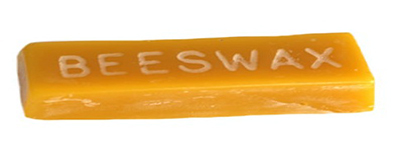


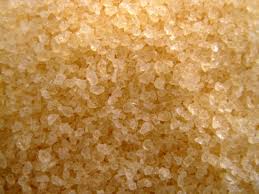

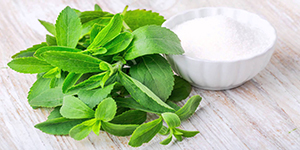

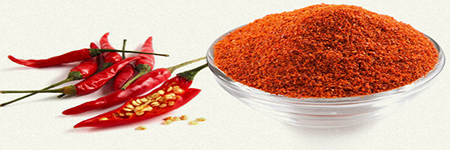
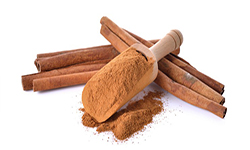
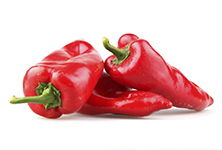








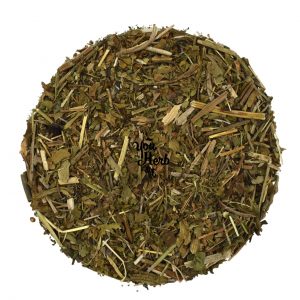
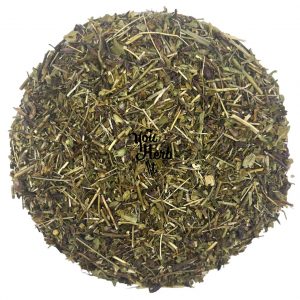
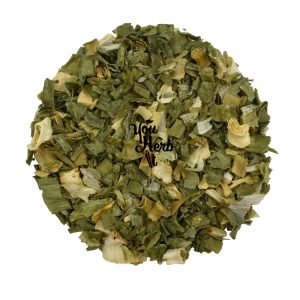
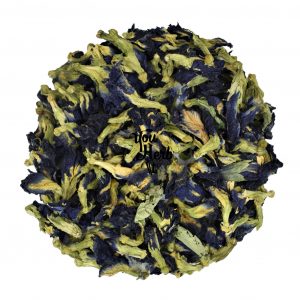
Reviews
There are no reviews yet.